

We may earn revenue from the products available on this page and participate in affiliate programs. Learn More ›
Home Advice You Can Trust
Tips, tricks & ideas for a better home and yard, delivered to your inbox daily.
When Floods Happen
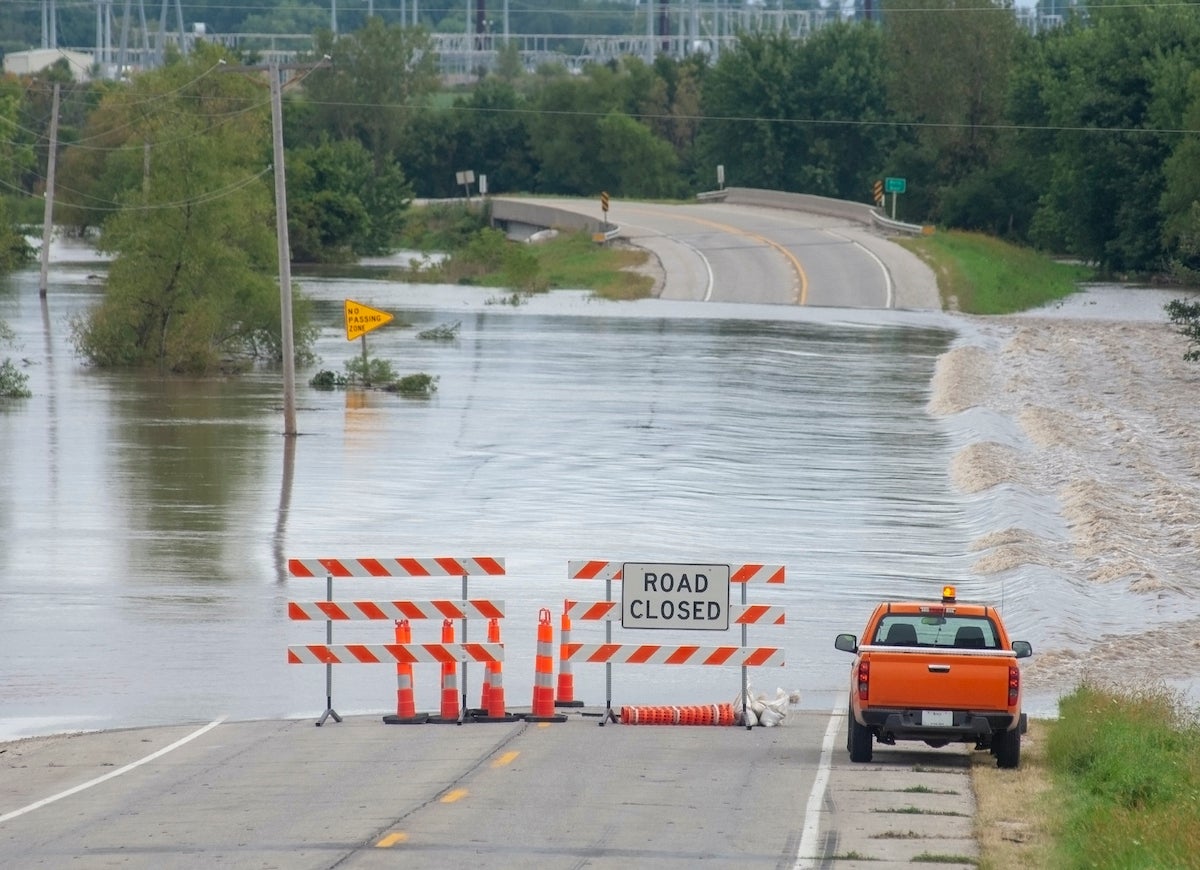
In the United States, floods kill more people each year than tornadoes, hurricanes, or lighting, according to the National Severe Storms Laboratory. By the time the flood waters reach your home, it’s already too late to come up with a plan, so be sure to talk with your family about where you will go and how you will handle a flood before one occurs. It’s critical that you stay calm and not panic, so you can make smart, level-headed choices. Here are nine things you should never do during a flood.
Don’t Ignore Evacuation Warnings
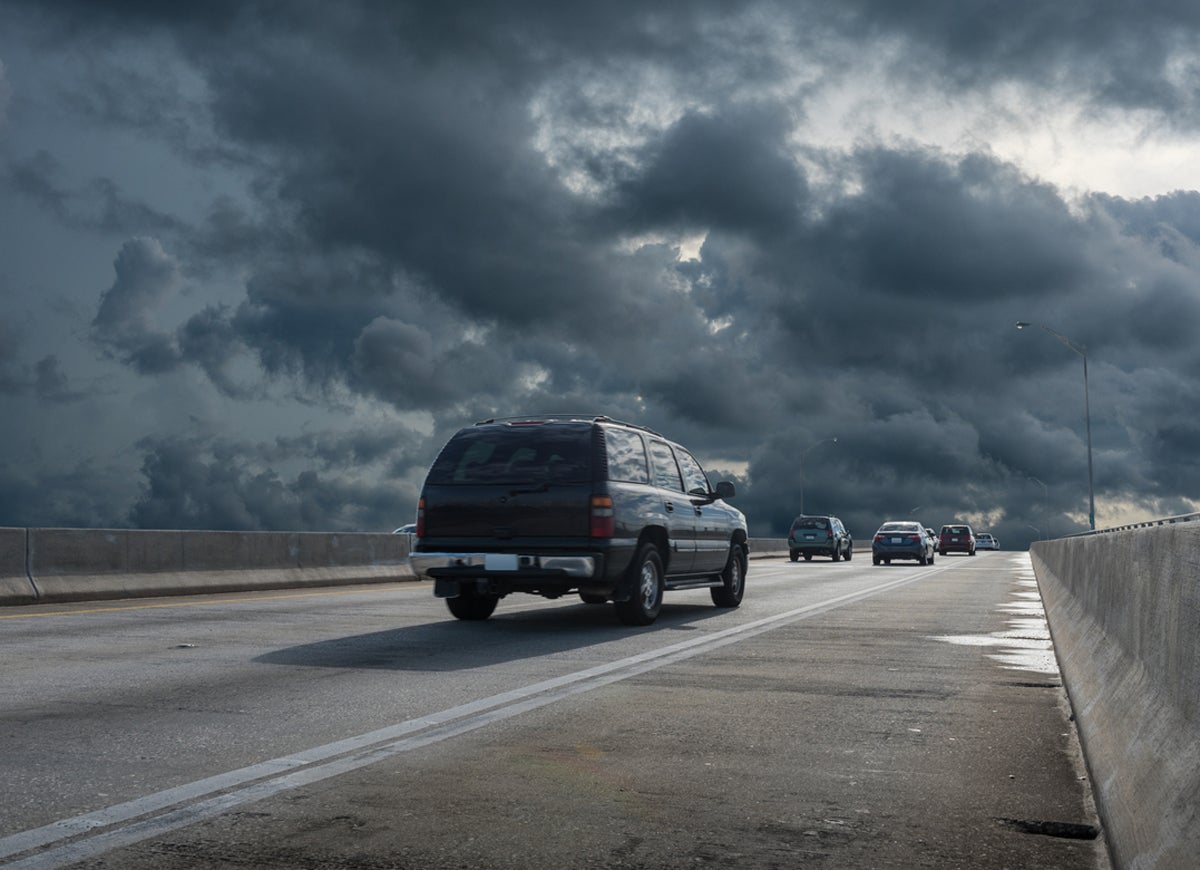
If you are in an area that is being told to evacuate, do so right away or run the risk of becoming trapped and unable to leave. In addition, never drive around barricades, as local responders may be using them to safely direct traffic away from flooded areas.
Don’t Drive in Floodwaters
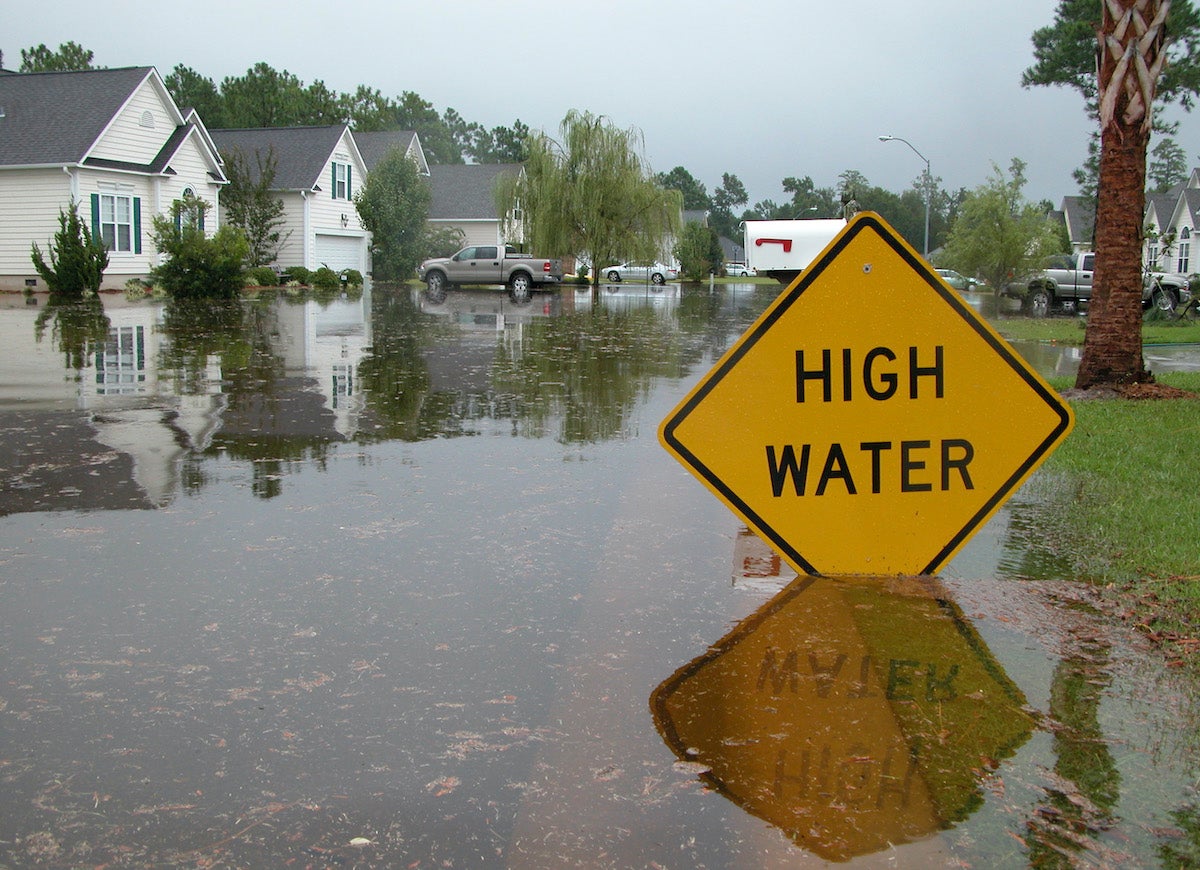
As little as 6 inches of fast-moving water can sweep most vehicles off the road, according to the National Severe Storms Laboratory. In addition, flood waters make it nearly impossible to determine the condition of the road that’s underwater, which may be hiding a sinkhole or other danger.
Don’t Risk Electrocution

If you experience flooding at your home, follow directives to turn off utilities. The Electrical Safety Foundation International says that if you are advised to switch off the main power source to your home, flip each breaker and then turn off the main breaker. You may also need to shut off the main valve for your home’s gas and water.
Don’t Stay on Low Ground
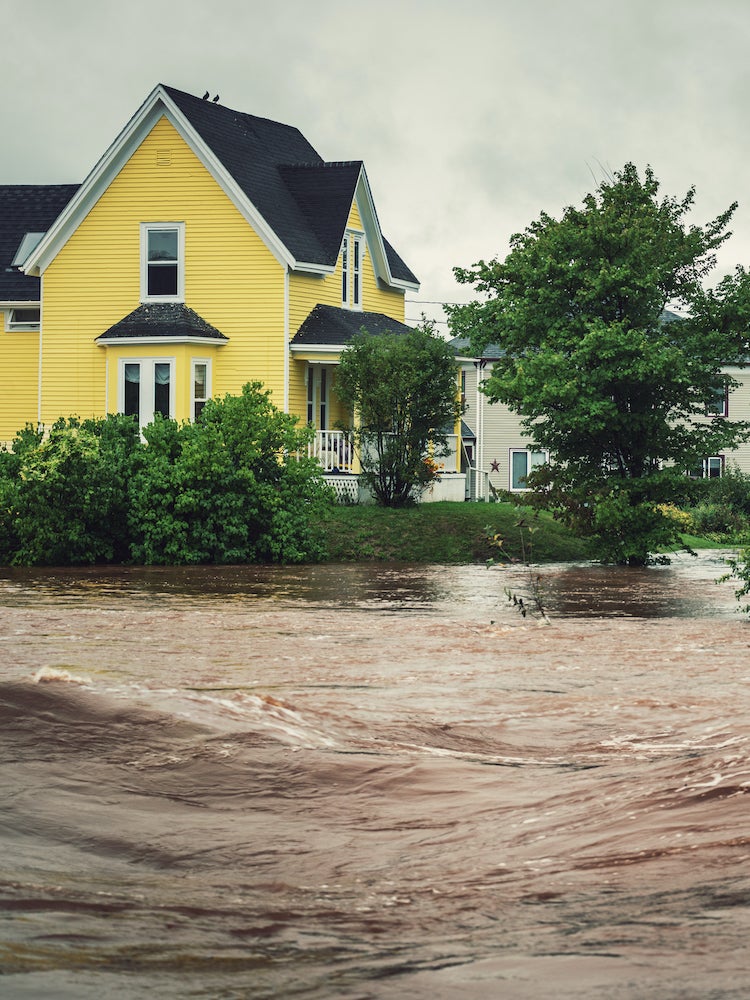
If you become trapped in a home or building during a flood, go to the highest level. Do not climb into a closed attic, however, as you can become trapped by rising flood waters. You should only go on the roof if it’s absolutely necessary to signal to emergency crews that you need help.
Don’t Wade in Floodwaters
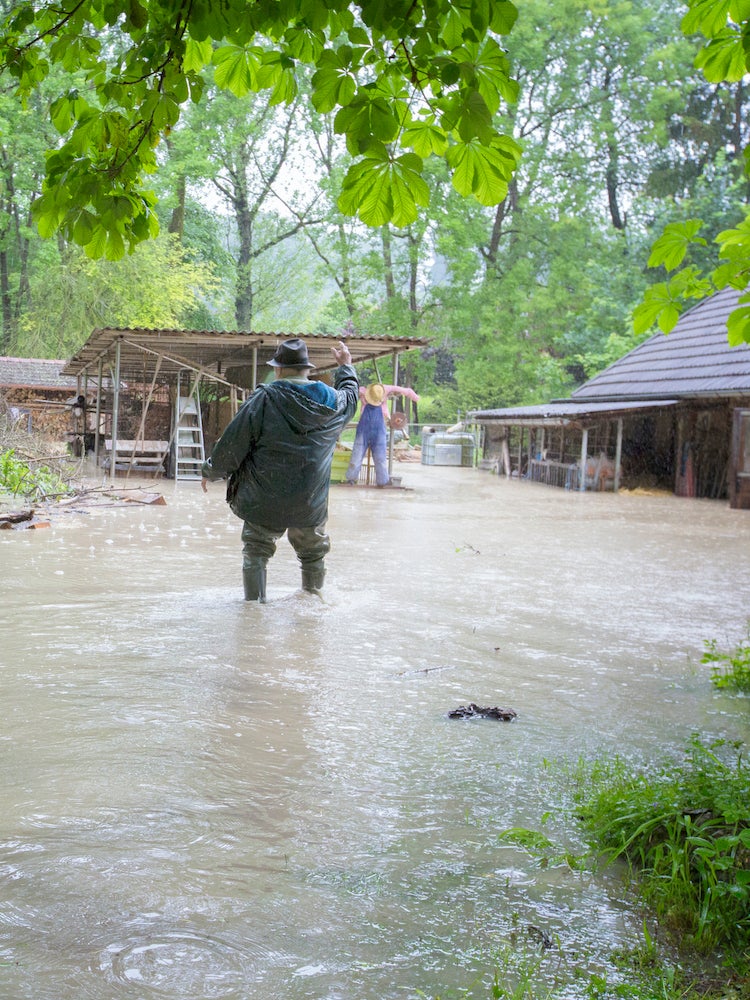
Don’t go out to wade in floodwater, as it can be contaminated and contain debris such as sticks, logs and swept-away items that can be dangerous. Downed power lines can also electrically charge the water, posing an electrocution risk. You could also fall and potentially get swept away by fast-moving flood waters.
Don’t Approach Wildlife
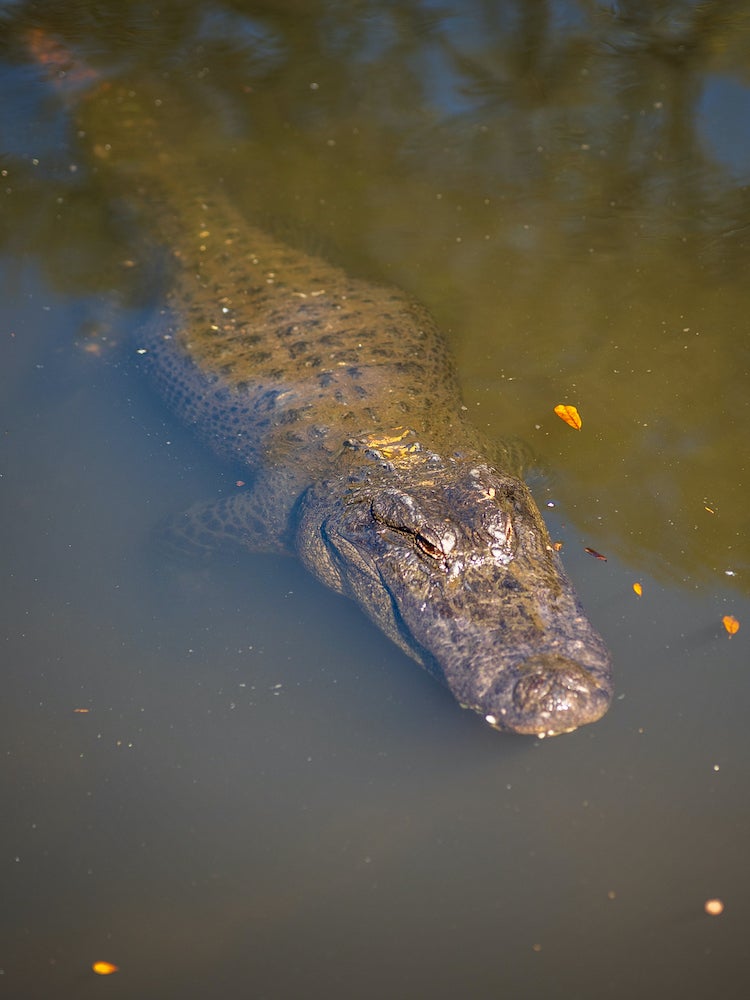
Depending on where you live, dangerous animals can be found in floodwaters just outside your home, such as venomous snakes and alligators. In addition, wild animals and strays may carry disease and can become aggressive when frightened. Whenever possible, stay inside and away from wildlife during a flood and until water levels recede.
Don’t Ignore Alerts
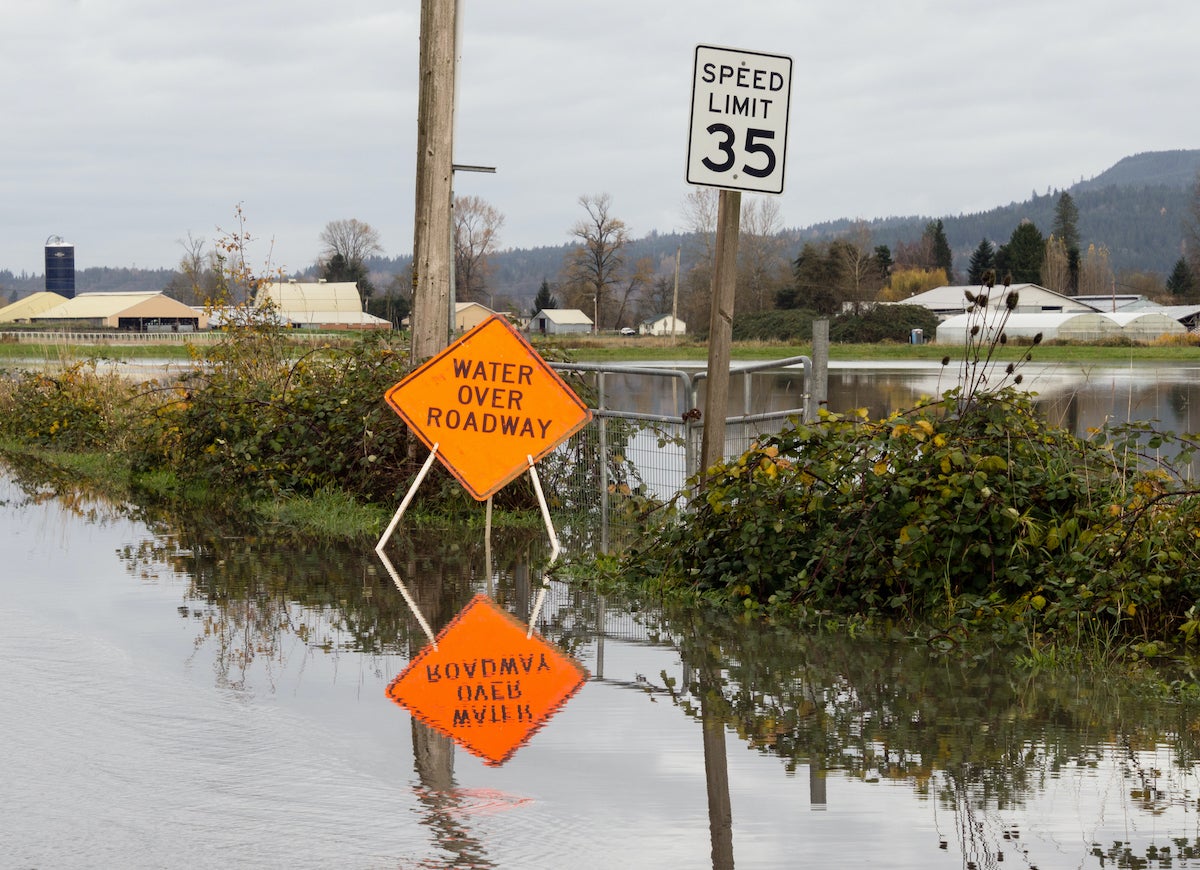
During a flood, once you’re in a safe place, stay alert by monitoring local news and weather reports from the National Oceanic and Atmospheric Administration (NOAA) on a weather radio. Check to see if your local radio or television stations offer weather alerts that can be sent to your smartphone so you can stay up-to-date.
Don’t Forget Supplies
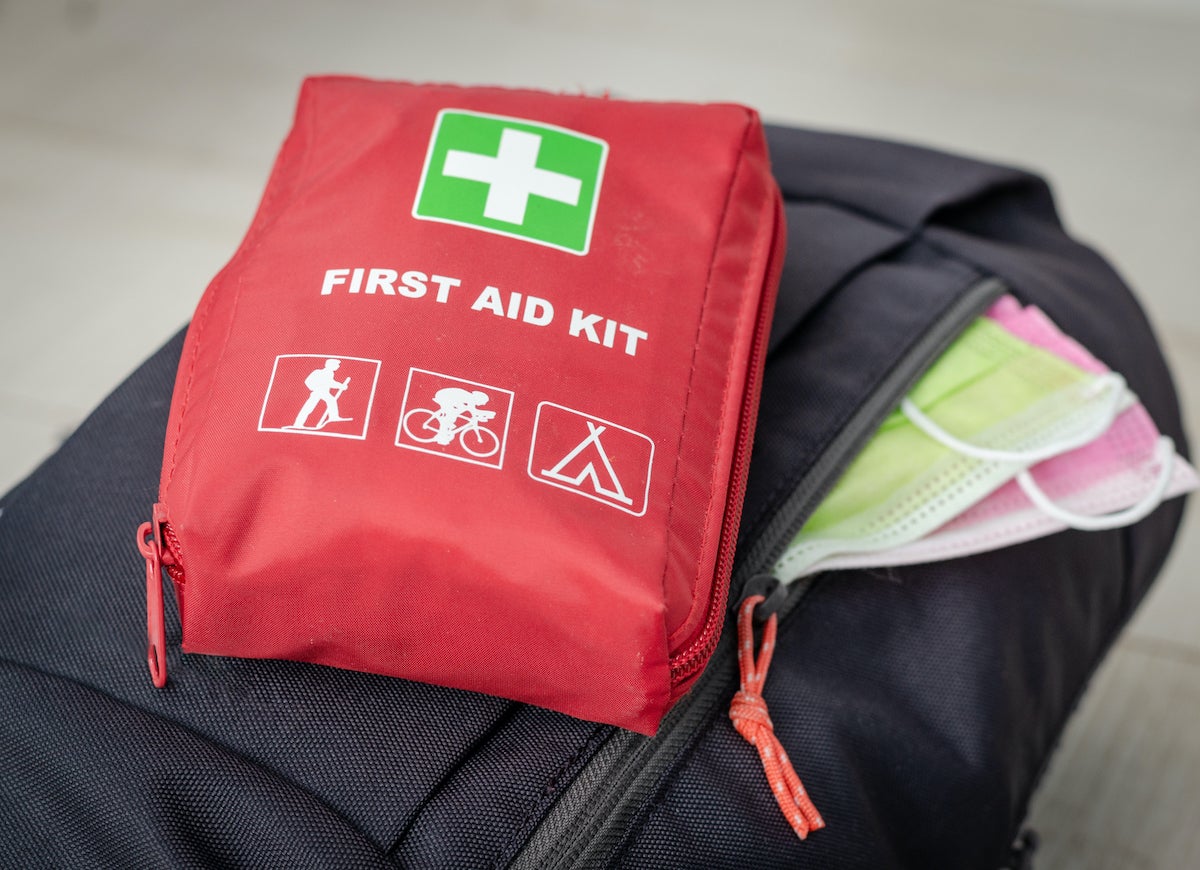
If you haven’t already, you’ll want to gather supplies at the first warning of a potential flood—enough for three days, according to the CDC. Gather non-perishable foods, cleaning supplies, and a first-aid kit. You should have one gallon of water per-day, per-person (and pet). Also, keep in mind each person’s specific needs, including medication. And don’t forget flashlights, extra batteries, and charging devices.
Don’t Forget to Wash Your Hands
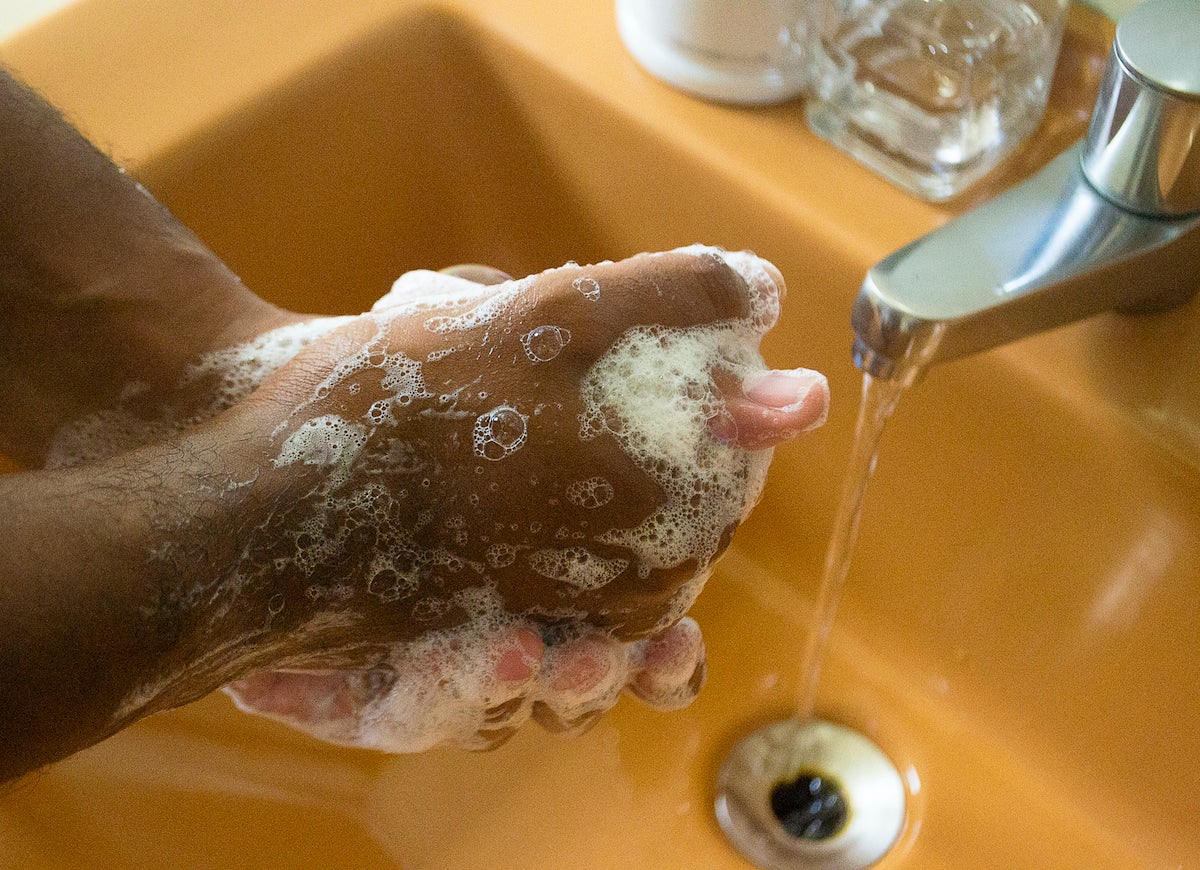
If you have any contact with floodwater, be sure to wash your hands thoroughly with soap and water. Floodwater may contain sewage, and eating or drinking anything contaminated by floodwater can cause diarrheal disease such as E. coli or Salmonella.
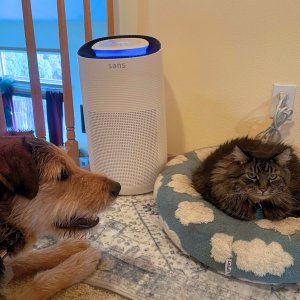
After Testing 20 Air Purifiers, We Found One That Does Something the Rest Can’t
Same functionality, different package? Not with this Sans air purifier, which offers more advanced filtration and features than most models I’ve tested—without a premium price tag.